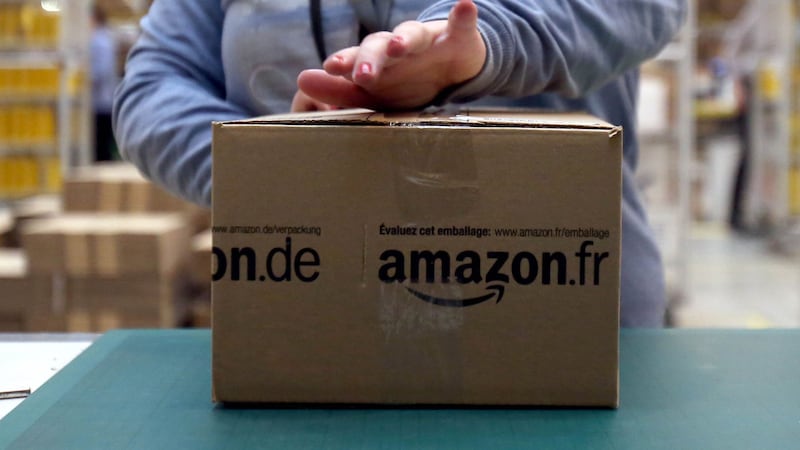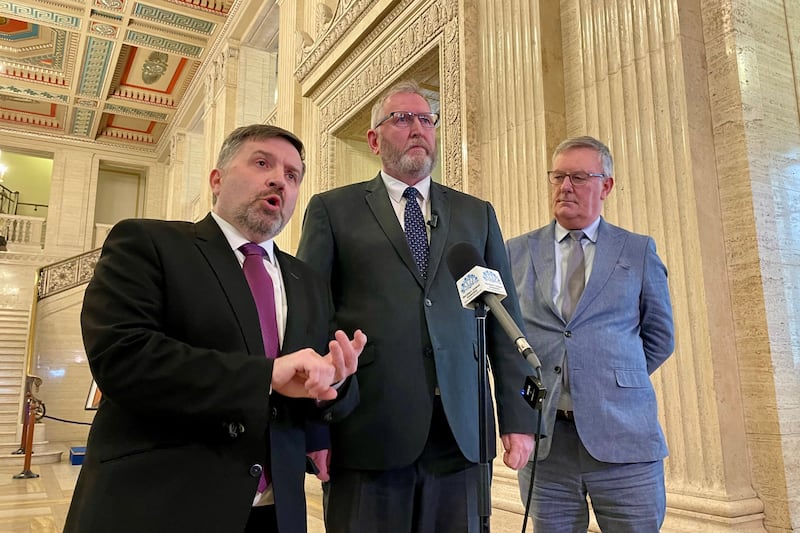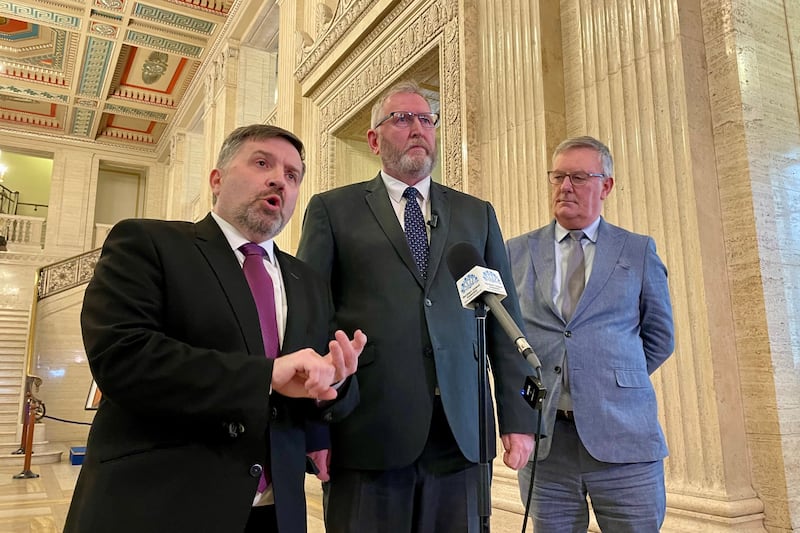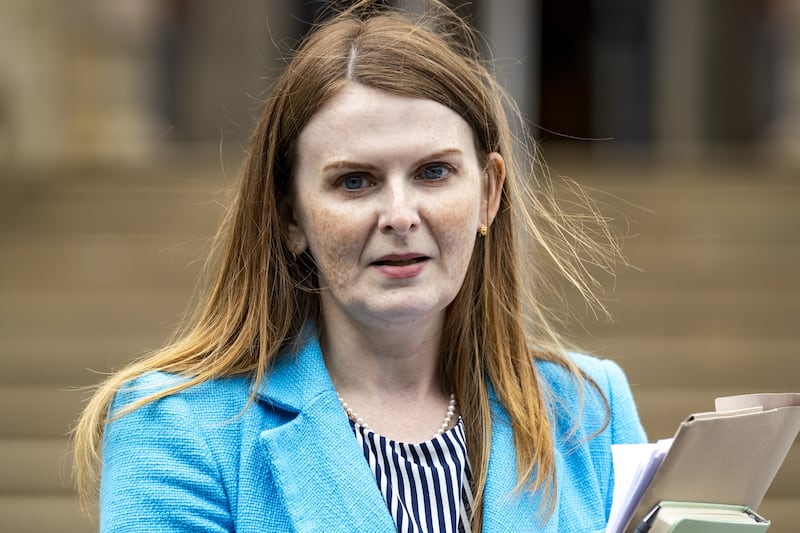Online tech giants such as Amazon and Google will be slapped with a new digital services tax as part of a package of measures meant to ease the burden on the beleaguered high street.
As part of the Autumn Budget, Philip Hammond said a 2% UK digital services tax will come into force in April 2020 and is expected to raise £400 million a year.
It will only be paid by profitable companies that generate at least £500 million a year in global revenues.
It applies to income firms generate through providing search engines, social media platforms and online marketplaces.
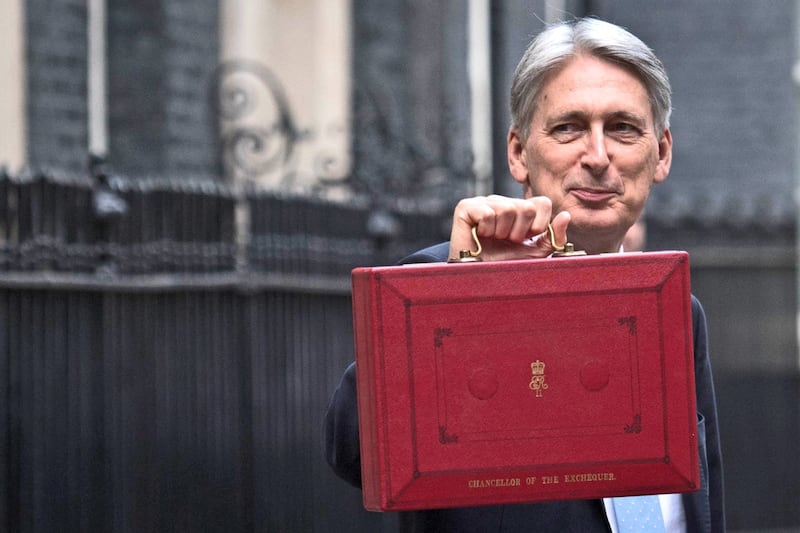
The tax is only likely to affect 30 large companies.
A spokesperson said the Treasury was “treading softly” at first but would keep the level of the tax under review.
In his speech on Monday, Mr Hammond said: “The rules have simply not kept pace with changing business models.
“And it’s clearly not sustainable, or fair, that digital platform businesses can generate substantial value in the UK without paying tax here in respect of that business.”
The Chancellor has previously said the Government was looking at improving “fairness” but wanted to focus on companies whose business models were “exploiting either the personal data of UK consumers or exploiting content which is uploaded by UK consumers”.
Shares in US-listed Amazon dropped almost 5% following the announcement. Netflix and Google were also trading lower.
The rise of online shopping has been a major focus for critics of the existing tax system in recent months, with the likes of Tesco boss Dave Lewis calling for a level playing field between online and bricks-and-mortar retailers.
Carolyn Fairbairn, director-general of the CBI, said on Monday the new tax was a “high risk” move.
“The Government should move in step internationally, leading multilateral solutions, or risk losing our global competitive edge in digital,” she said.
The Government said it remained committed to discussions relating to an international corporate tax framework, and would only apply the tax until a long-term solution is in place.
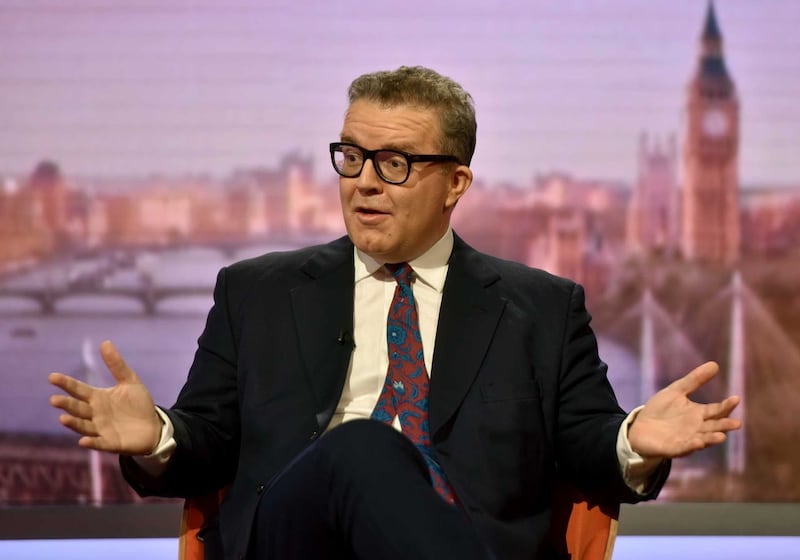
Shadow culture secretary Tom Watson said the measure showed a “lack of ambition” by the Government.
He said: “The tech giants do need to pay more in tax but the measure announced today is pittance for these massive international companies.
“Under the Tories, the percentage of tax paid by the big five tech companies has halved since 2013.
“The new tax isn’t even set to be implemented until 2020, at which time the tech giants will start to enjoy a 2% cut in their corporation tax rate.”
Tim Bennett, a partner at Killik & Co, said: “Setting Britain on a solo collision course with some of the world’s biggest technology companies may be interpreted as either brave or a little foolish.”
Meanwhile, the Chancellor also confirmed extra funding for local authorities to draw up high street transformation plans.
“Embedded in the fabric of our great cities, towns, and villages, the High Street lies at the heart of many communities,” he said.
“And it is under pressure as never before as Britain adopts online shopping with greater alacrity than any other large economy. So, if Britain’s High Streets are to remain at the centre of our community life they will need to adapt.”
The Future High Streets Fund will provide £675 million to support redevelopment, including conversion of retail areas into residential.
All retailers in England with a rateable value of £51,000 or less will also have a reduction in their costs under plans to cut their business rates bills by a third.
According to the Government, this could total an annual saving of up to £8,000 for up to 90% of all independent shops, pubs, restaurants and cafes.
But some commentators said the relief did not go far enough.
Alex Probyn, president of UK expert services at property adviser Altus Group, said: “Despite this meaningful statement of support, the Chancellor’s headline giveaway still does nothing to help those larger retailers who are reducing their store portfolios and headcounts often citing high rates as a contributory factor.”
